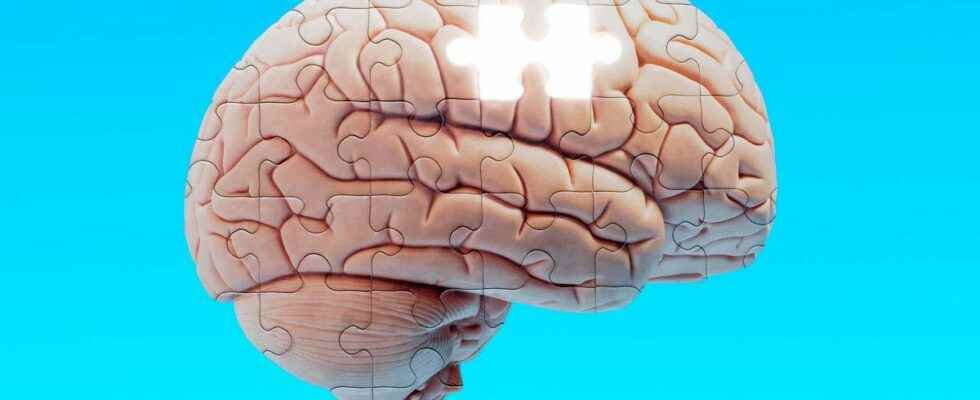Published on
Updated
Reading 2 mins.
A French start-up has developed an application to identify the early signs of Alzheimer’s disease. It is currently in the trial phase with home helpers.
Spotting the first signs of Alzheimer’s using a simple smartphone or tablet, and therefore acting more quickly on the person concerned, will soon be possible according to an announcement made by the newspaper. The gallery. Indeed, a French startup specializing in neurosciences, Hometrix Health, launched Overcome (“to overcome” in French) with the COMETE laboratory, a joint research unit of the University of Caen Normandy. The application sets out to test the recent memory of people over 65 in order to better identify the early manifestations of neurodegenerative diseases, such as Alzheimer’s.
Concretely, Overcome compiles exercises intended for the moment for people over 65: memory exercises, attention, reactivity, timed tests, etc. In the long term, carrying out these various exercises makes it possible to identify certain risk profiles. And to indicate if vigilance seems relevant to spot the first signs, or even consider taking charge.
Since October 31, the application has been officially tested by voluntary beneficiaries of the UNA PAP – Amaëlle home help networks. According to initial feedback, the tool could be used routinely by home helpers with the idea that they themselves become whistleblowers.
Accelerating the diagnosis and management of Alzheimer’s
According to Public Health France figures, approximately 1.2 million people suffer from Alzheimer’s disease in France, a figure which should approach 2.2 million in 2050. This neurodegenerative disease is generally manifested by recent memory disorders. , an alteration of the executive functions and difficulties of orientation in time and space. The problem with Alzheimer’s is that the disease is often detected too late, which considerably slows down its treatment.
No treatment is currently available for these neurodegenerative diseases. But by possibly detecting the first signs of the disease earlier, through an application for example, it becomes possible to know if one should go to a memory center to carry out further tests, and if so, significantly delay the onset or progression of the disease.
